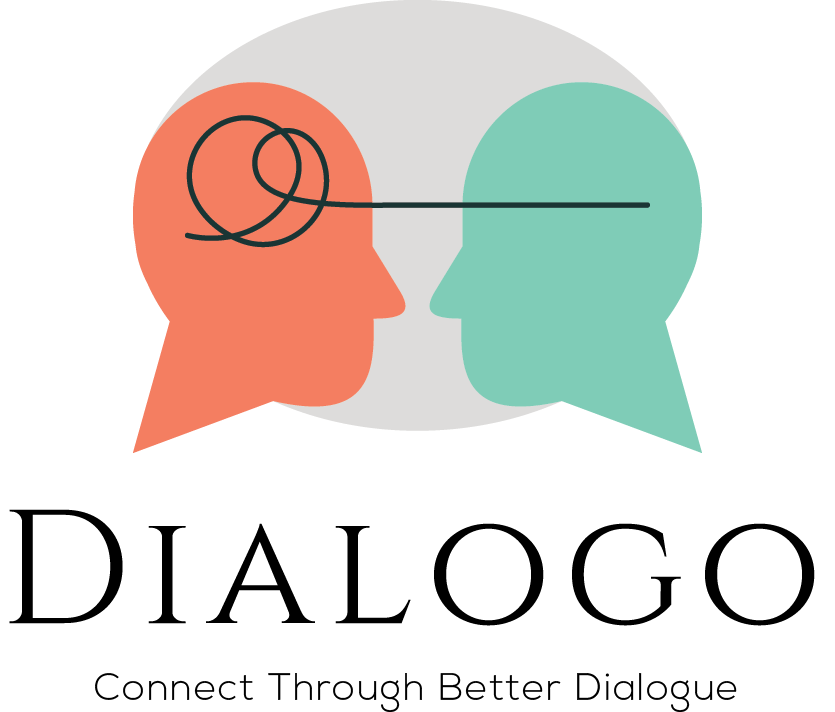The Power of Dialogue in Improving Mental Health
Image by SHVETS production
The Link Between Dialogue and Mental Health
We all have a longing and a desire to be seen and understood by others, especially the most important people in our lives. One of the most meaningful ways we get confirmation that we are seen and understood is through communication with loved ones.
Open dialogue serves as a therapeutic balm, reducing stress and anxiety by providing a safe space for the expression of emotions and creating a shared sense of support and reassurance.
This type of communication fosters emotional connection, which is an important buffer that supports our mental health by helping us to feel less alone. In couples, good communication can also enhance overall relationship satisfaction.
The Anatomy of Effective Dialogue
Unfortunately, effective dialogue doesn’t just “happen.” It requires intentionality and a willingness for each partner to engage meaningfully in it.
Create a safe space for open communication
First, trust must be established. This can be a long process to establish trust with another person, and it is typically earned after months or years of trustworthy actions such as honesty, reliability, consistency and accountability.
In any stage of relationship, a willingness to be increasingly emotionally vulnerable with each other breeds mutual trust and can set the stage for safe and open communication.
Another way to create safety for effective dialogue is to practice active listening. This means first listening to understand, and not just to respond. Then, checking your understanding by repeating back what your partner is saying.
TIP: Explore how to measure your relationship health here.
Image by Priscilla Du Preez
Expressing emotions constructively
For dialogue to be effective in supporting our mental health, identifying and communicating feelings and emotions is a must. This begins with doing our own internal work of identifying and recognizing our emotions.
Then, expressing these feelings clearly and assertively, and focusing on your own experience, helps our partners to better understand our emotional landscape, which in turn creates a more empathic connection.
It’s also crucial in effective communication to avoid blame and criticism. Focus on expressing observations and feelings rather than placing blame or fault. Owning and expressing your own experience fosters a non-confrontational environment, which leads to increased safety and connection.
Practical Tips for Implementing Effective Dialogue
Effective dialogue and communication that leads to mental health support takes effort and time. Setting aside dedicated time for communication is one way to ensure this becomes a priority in your relationship.
Perhaps it’s 20 minutes while you enjoy coffee together each morning, or a wind-down ritual before bed, or regular lunches together. Choose something you can count and make it a practice of devoting time to enhance your mental wellness together through communication.
Taking the time to learn and practice the skills of effective communication is another way to ensure its success. Practice using “I” statements like “I am noticing…” or “I feel…” to express feelings and needs. Be genuinely curious about what’s happening with your partner, and listen to understand.
TIP: Learn additional effective couples communicating skills.
Image by Becca Tapert
Final Words
Embracing open communication can boost your mental wellness and enhance the connection in your relationship. If you notice that every time you try to engage in open communication, your emotions are feeling off balance and you’re resorting to blame and criticism, it may be time to seek some support.
For many couples, therapy can be a place to try out the skills of effective communication, with someone to help guide the way. Couples therapists view the relationship itself as their client, and will support the success of your bond during treatment.
Dialogue and open communication have transformative power, and are well worth the effort!



